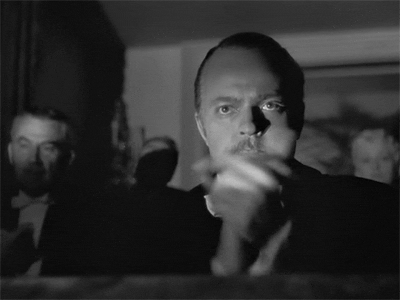- Joined
- Sep 13, 2013
- Messages
- 1,863
- Reaction score
- 8,603
It would be a de facto requirement even if it weren't an official one. Ever heard of game theory? If not, here's a primer:Adcom people demand volunteering so you gotta play the game to win, I guess.
Goro and LizzyM make products that satisfy the same consumer need, cost the same amount to make and market, etc. Market research shows that people will pay up to $8 for the product, and Goro and LizzyM must charge at least $5 to turn a profit. If they both price their products the same way, they'll split the consumer market 50/50. If one uses price to undercut the other, that person will get all of the market. Let's assume 100 consumers total.
- Scenario 1: Goro and LizzyM collude to sell their products for $8. Each of them sells 50 units and makes $400, which they then spend on legal fees because their collusion was illegal.
- Scenario 2: Goro and LizzyM each sell their product for $8 without collusion. They each make $400.
- Scenario 3: One sells the product for $5 and makes $500, the other prices it at $8 and makes $0.
- Scenario 4: They both sell the product for $5 and make $250 each.
Game theory shows that scenario 4 will, in fact, be the logical outcome. If they were to start out at scenario 2, one of them would eventually say, "Hey, I can increase my profits by 25% by undercutting my competitor!" As savvy businesspeople, they both see the writing on the wall and just sell the product for $5 in the first place.
Now apply game theory to med school admissions. If all applicants refused to volunteer, adcoms would have no choice but to accept applicants with no volunteering experience. But sooner or later, one applicant would say, "Hey, I can get a leg up on everyone else by volunteering!" And so the snowball starts rolling.
Bottom line: volunteering will always be a requirement for med school admissions, whether adcoms formally require it or not.

